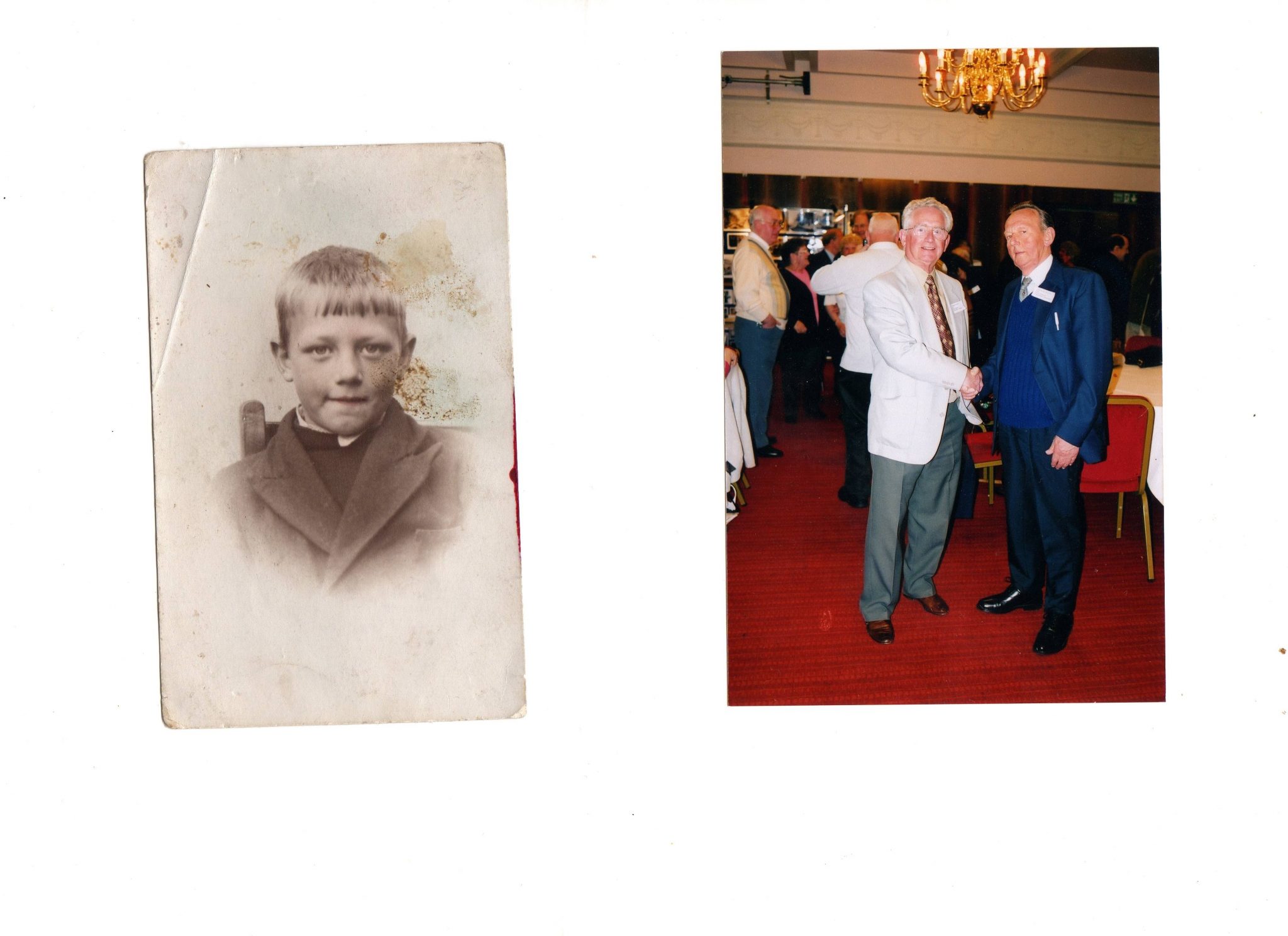Can the BBC do better? Does the BBC treat the public fairly? Are claims of bullying within the corporation really true? As the new BBC director general Tony Hall begins the job of repairing the corporation’s battered reputation, we reveal the shocking treatment one of our interviewees suffered at the hands of the BBC… 
Should ordinary members of the public be represented by a media agent? According to the BBC, while their own presenters of course have agents who ensure they are treated properly, it seems they do not believe that ordinary members of the public who find themselves in the public eye should be similarly represented.
Featureworld – which represents members of the public for no cost to them and ensures they are treated fairly by the press, magazines, TV and radio – made this astonishing discovery recently.
The ZZ-list presenter on this tiny local BBC radio show on which the interviewee appeared, clearly feels he is important enough to have an agent. Last week when asked on Twitter if he were going to take part in a Come Dine with Me episode, he tweeted, “My agent won’t allow it. I wouldn’t have any control over the editing of it.”
Interviewee gave up her time for free
We must say here that as the agent, we advised our interviewee not to do this local radio interview as we only deal with national newspapers, national magazines, national TV and Radio. However, she had nothing to hide and wanted to go ahead. So – for free and in good faith – we organised it so it could go ahead.
Yet, when our own interviewee took part in an interview – also for no payment whatsoever – bizarrely the BBC seemed keener to make a story out of the fact she had an agent, than the story itself.
The ‘bullying’ interview
“Why wouldn’t you talk to us this morning?” shot the reporter at her (as if there was something wrong with the fact as a lone woman she wouldn’t let him in her house at the crack of dawn – alarmingly, he was sat in a van on her drive before 7.30am – an unpleasant practice, which is illegal because it is harassment, known in the industry as ‘doorstepping’.) She also had to take her children to school.
“Why would she only do a pre-recorded interview?” Well, this show specialises in getting people to go on air – on the pretext of doing a normal interview – and then inviting people to ring in and take a pop at them. Why would anyone – especially if they are not an MP or a celebrity – put themselves up for that sort of treatment? Would ZZ-list’s presenter’s agent have allowed it …?
“How much have you been paid to tell this story?” was the next question from the reporter who seemed oblivious to the glaring fact he was sat in her kitchen drinking her coffee and she was there telling him the story for nothing.
When she tried to defend the fact she had come to an agent to take care of her story (yes we do ensure people are paid for their stories as we feel that’s only fair but in fact not everyone can legally be paid) he got another on-air dig in, “Are you greedy?”
BBC gets 250,000 complaints a year
It’s no surprise that our interviewee was distressed and felt stitched up. Although we had told her not to go ahead, we always fully support our interviewees and made a complaint.
The first shock was that the BBC has such a big complaints department – a whole website is in fact devoted to complaints – in fact they boast they get around quarter of a million complaints a year.
The second is how difficult it is to actually make a complaint. In fact if you’re a company that wants to get rid of anyone who complains, I suggest the BBC complaints website is a good model to study.
The quarter of a million complaints must be the tip of the ice-berg as the long form-filling process online must surely put many people off – then you are hardly given any space to explain what the complaint is about.
However, the BBC clearly has the complaints system down to a fine art. Because although you can also complain to the broadcasting regulator Ofcom about their radio and TV programmes, Ofcom cannot deal with any complaints about bias, inaccuracy or some commercial issues. Put simply, this means the BBC is its own judge and jury on pretty much anything you are complaining about.
However, the form was duly filled in. We said we felt our interviewee was treated unfairly and the BBC reporter inferred she was greedy and only did interviews for money when in fact she gave up her time for free, pleasantly invited the reporter into her home and Featureworld, also for free, had helped set it up.
A ‘personal’ reply from a Mr David Larner
By 6am the following morning an aggressive reply had landed in Featureworld in box. Our spirits rose when we saw initially the words, “My name is David Larner and I am a senior member of the BBC Audience Services department’s complaints investigation team, and your case has been passed to me. I was naturally very sorry to learn of your evident unhappiness … At least the complaint appeared to be being dealt with personally and by someone of experience. However, we have since googled Mr David Larner and while he might actually be a person, it seems he replies to just about everyone – and funnily enough pretty much all of his ‘personal’ emails begin the same way…
Worryingly, he did not believe the early-morning ‘doorstepping’ approach of the reporter sat on a private driveway waiting for a woman to come out of her home was unusual practice at the BBC: “… a reporter simply made a normal approach to your interviewee…Our approach to your client was nothing out of the ordinary.”
Having spent two paragraphs chastising Featureworld for putting the phone down on them because they kept on ringing (five phone calls before 8am and one rather menacing message which said, “I will ring again in five minutes,”) on the subject of the questions to the interviewee about her having an agent, “It was relevant to the wider context of the story in that listeners might be surprised to hear about issues such as payments and media representation.
“We did not say you or your interviewee had been paid by us for the interview.”
Interview was fair and balanced
In judgement of themselves, the BBC conclude, somewhat piously in our opinion, that the interview was “both fair and balanced.”
If we want to reply, that isn’t possible. Conveniently for Mr Larner (if there really is such a person) a statement at the bottom of the email advises: “This is sent from an outgoing account only which is not monitored. You cannot reply to this email address.” So, as far as BBC Complaints are concerned, the issue is now closed and any other complaint about this complaint must go via their complaints website (yes another filling in of the long form.)
Incidentally we have not named the BBC show in question because we wouldn’t want to give it the wider publicity it doesn’t deserve.
The reason for writing this post is to state that no-one has to talk to the BBC! And in future all Featureworld interviewees that want to go on the BBC will be directed to this post – thus they will see why Featureworld does not believe it is in the best interests of anyone to go on one of their programmes.
We also hope that anyone who doesn’t have an agent but is approached by a smooth-talking person from the BBC who wants to help them ‘share their story’ will read this and take note.
Jimmy Savile scandal
If you have a complaint about the BBC, we would not bother making it because it is unlikely to get anywhere. As with the Jimmy Savile situation, and all the other scandals that continue to emerge about this organisation we are all forced to pay for, the BBC has got dealing with complaints off to a fine art. In our opinion, it doesn’t care. It doesn’t want to improve or ask itself if it was in the wrong and so it isn’t going to listen.
As we write this, the new BBC director Tony Hall is to take up the role of director general. He is due to spend today, his first day, speaking to staff as he embarks on restoring public confidence in the corporation after the Savile scandal.
Good luck Mr Hall – because as this sorry tale goes to show, you certainly have a mountain of Everest proportions to climb.
Meanwhile, if you have a complaint about the BBC you are very welcome to leave it below.



